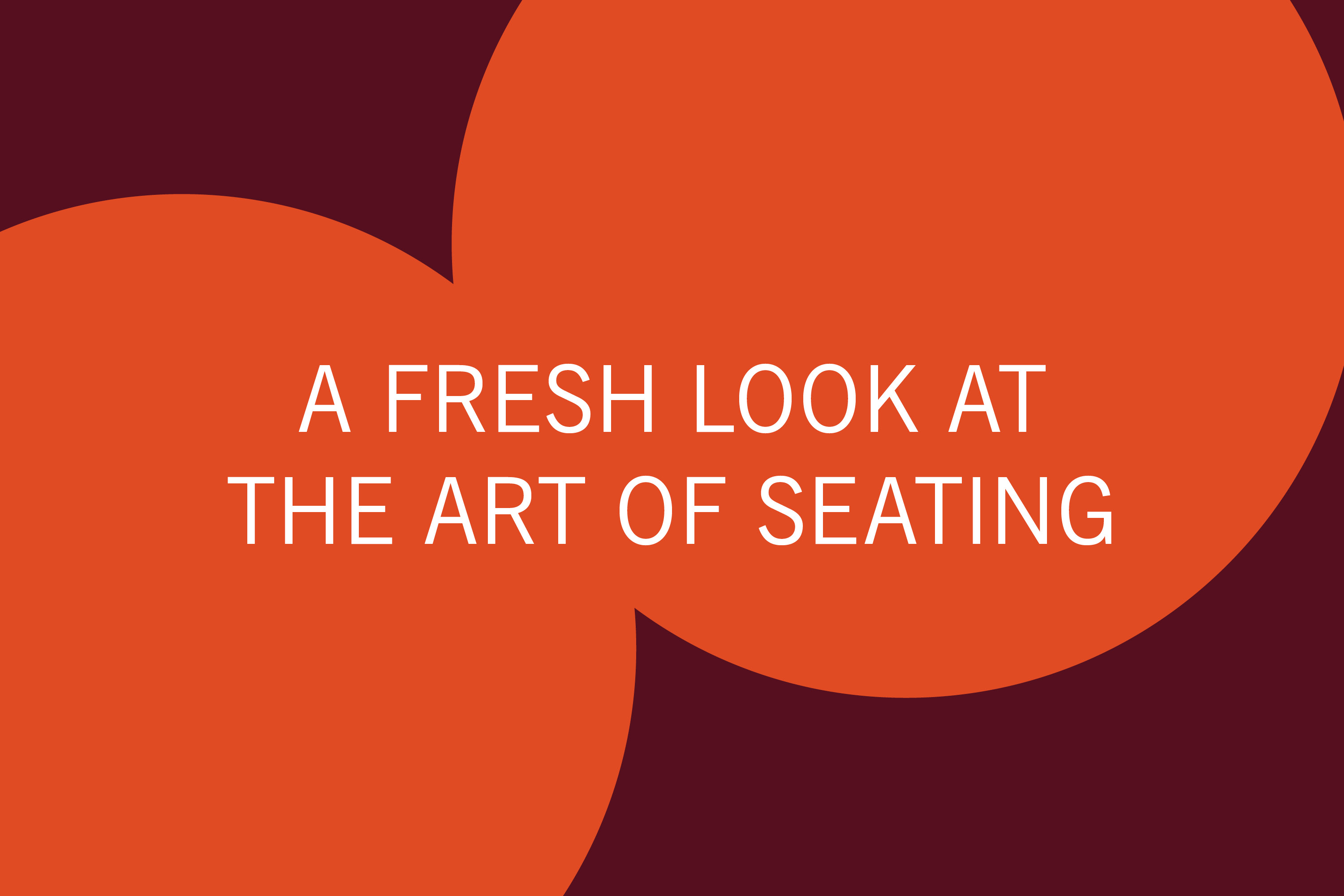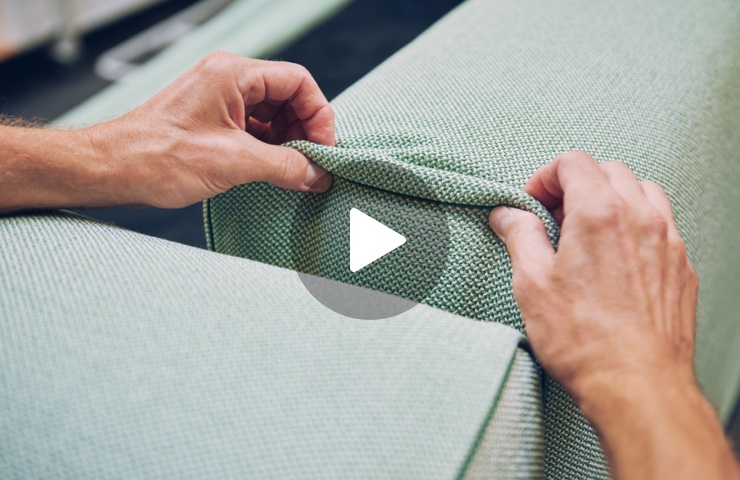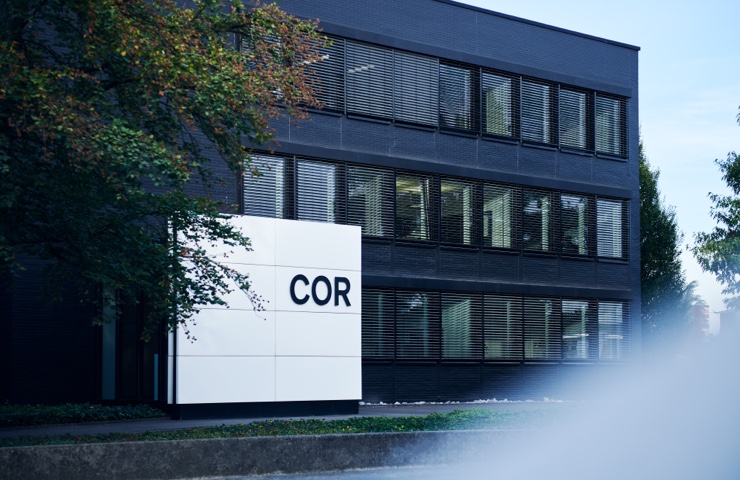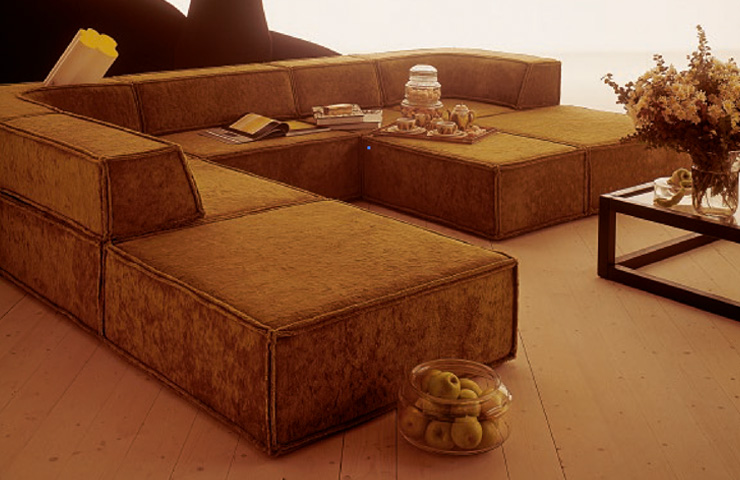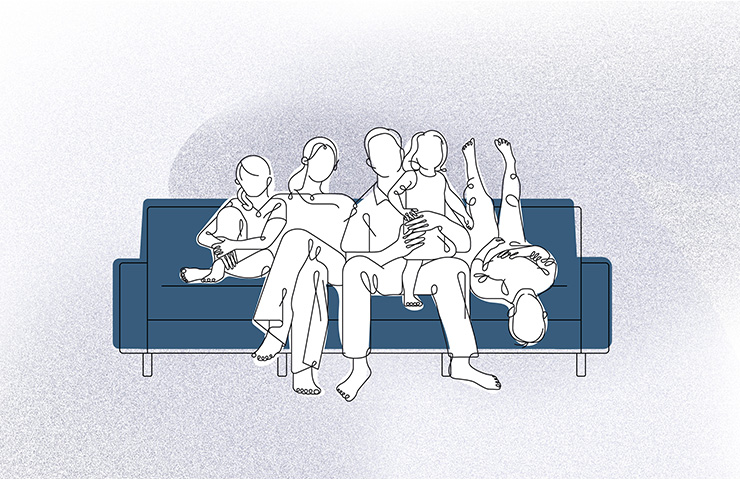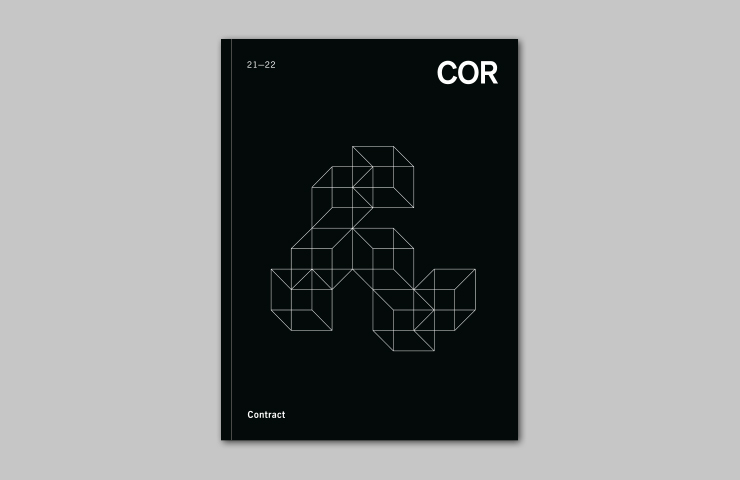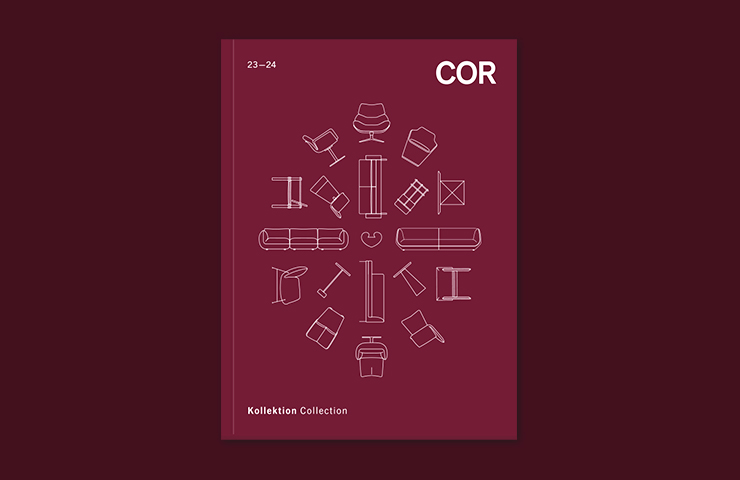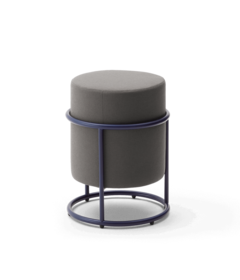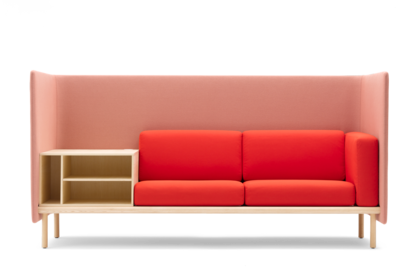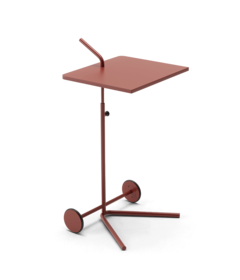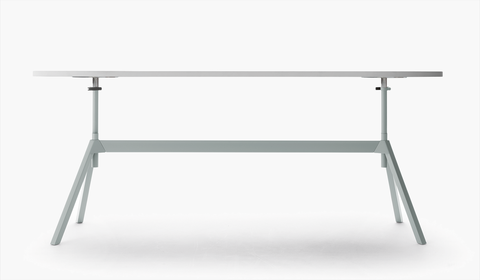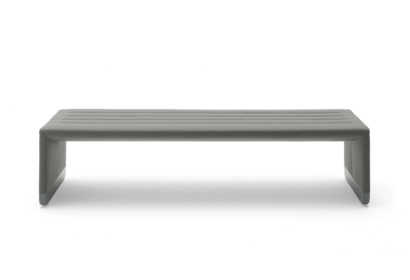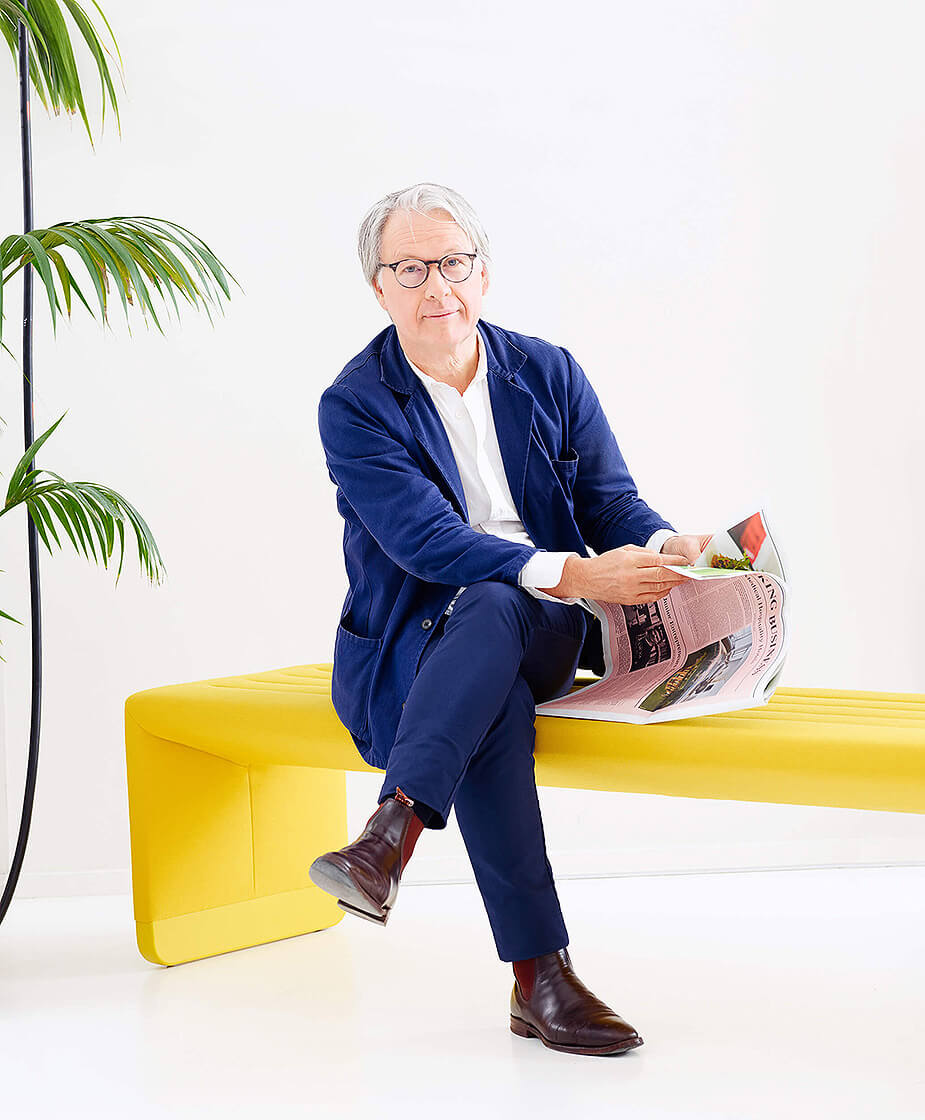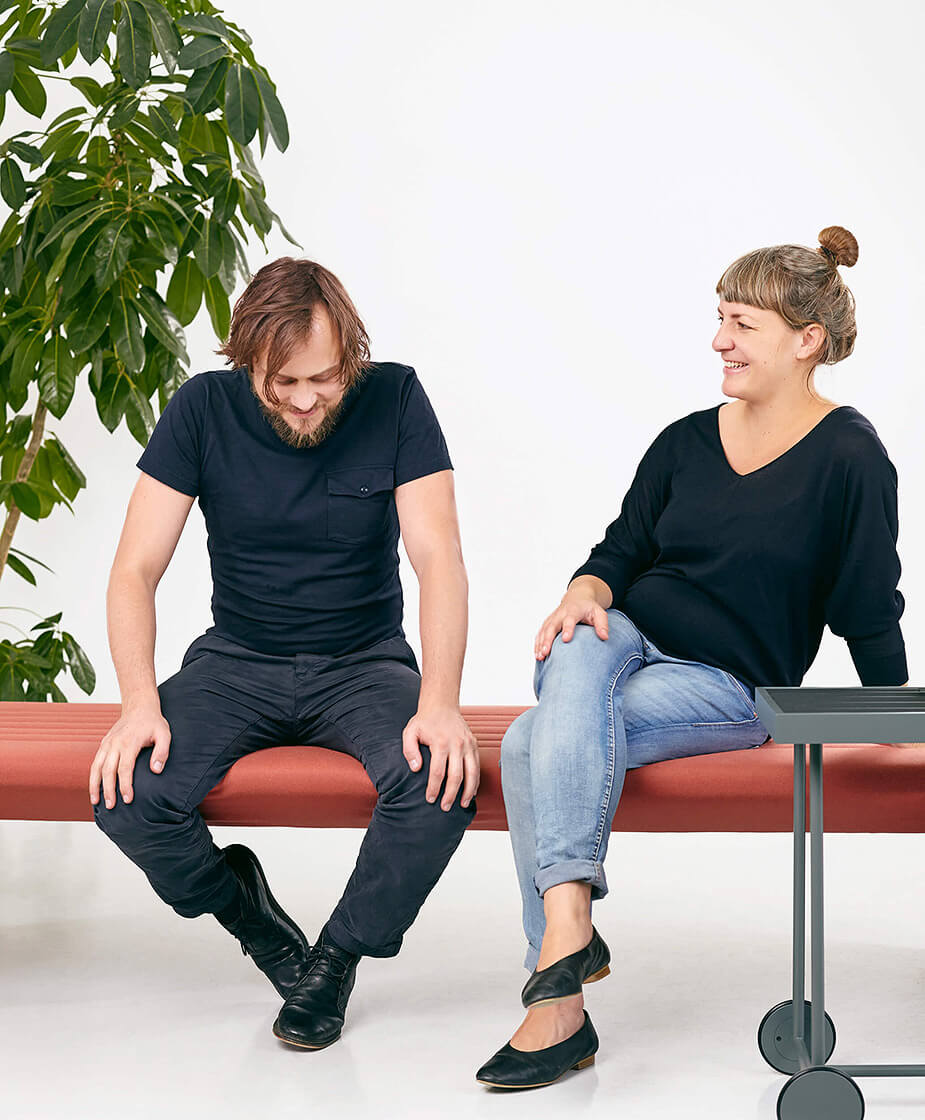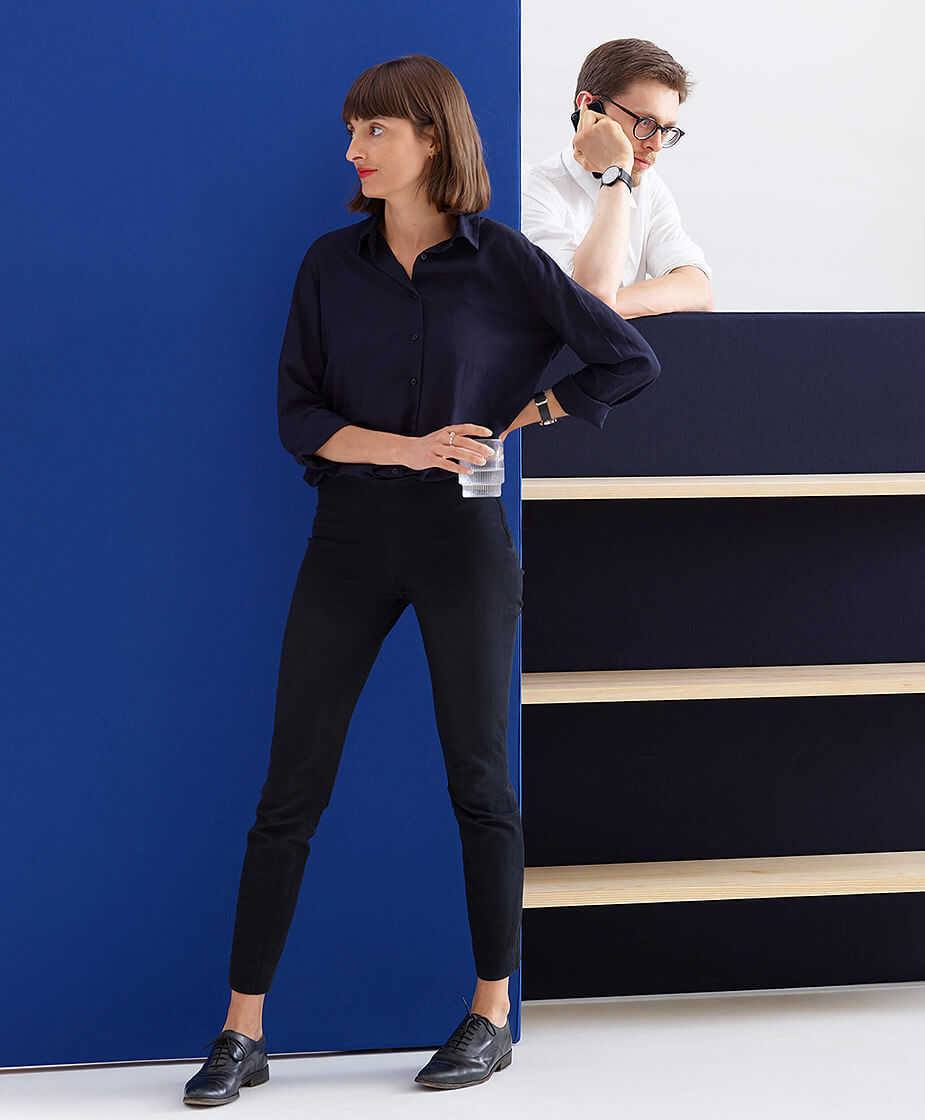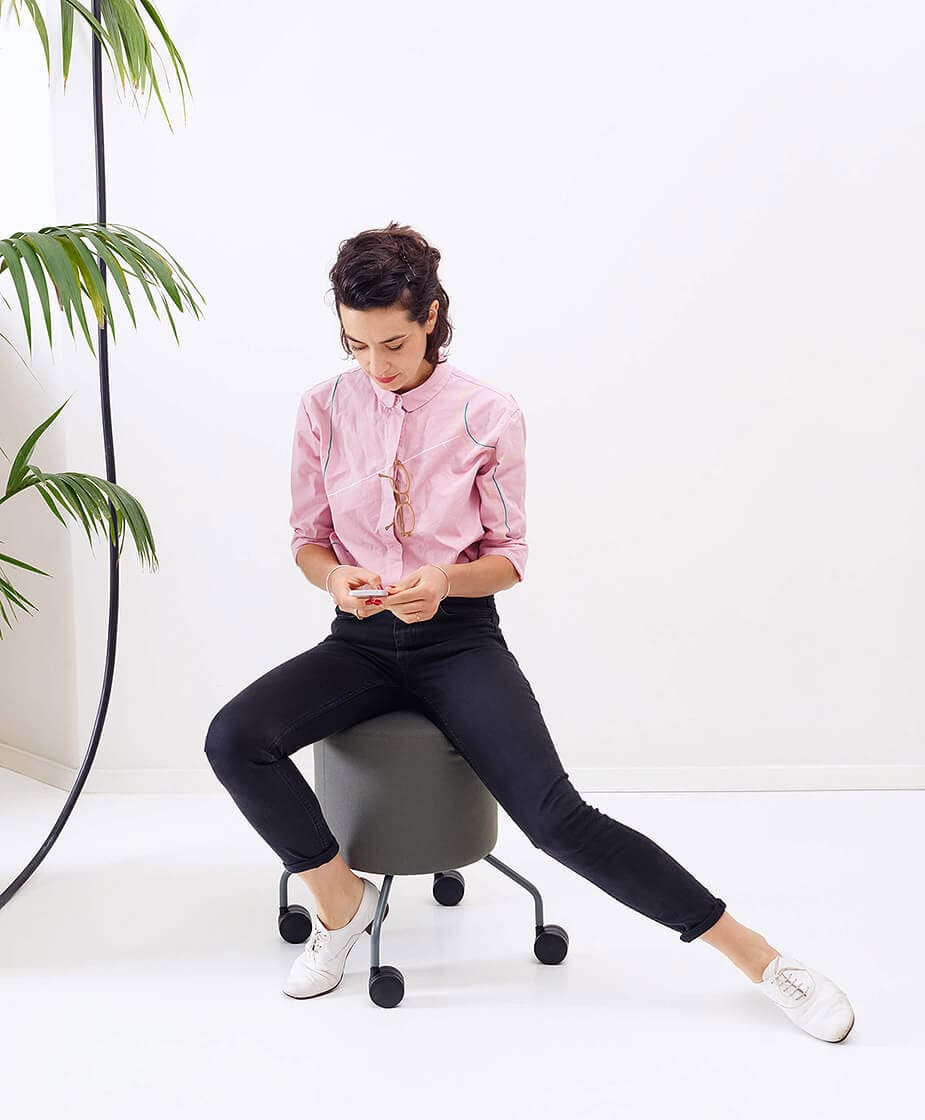
We work everywhere. And all the time. That’s why we also want to decide how we do it. And where.
The office has changed. Next to the desk there is a couch. And behind the football table is a standing workstation that can be transformed into a dining table in no time. To do so, we simply lower the top and set the table. Voilà.
Of course, the new working world is agile and disruptive. But what is really behind these buzzwords? Perhaps it is simply the desire to spend the day in a place that is guaranteed not to look like hierarchies or work instructions. More a bit like home.
It also contains quite different areas. To some, you can retreat because you need to concentrate, others are made to hang out in from time to time, and in others you meet people. Everything is in flux and flexible. Depending on the task, teams are formed for a time, then we work alone again. After all, nobody knows beforehand where exactly the inspired idea that will help everyone is going to strike.
Because we work in mixed teams on new projects. Sometimes our colleagues are sitting right next to us, sometimes on the other side of the world. Whatever the case may be, let’s work together!
How would you like to work?

After her studies Pauline Deltour worked as an assistant for Konstantin Grcic and has been running her own office since 2009. For the COR LAB, the Frenchwoman designed not only the Floater sofa system but also Drop, a family of mobile rolling stools, stackable stools and a large pouf.
So what are the right tools for the modern office? How do they feel, what do they need to be able to do — and for how long?
These were the questions behind the COR LAB. Four design teams provided answers: Pauline Deltour, RelvãoKellermann, Aust & Amelung and Professor Uwe Fischer. They designed their workspace, their communication platform, their conference table and their favourite retreat area. This resulted in a programme that allows elements of the modern office to be combined in a playful way: the COR LAB.
Where are you really effective?

Professor Uwe Fischer teaches industrial design at the Stuttgart Academy of Fine Arts. For the COR LABhe created Level, a family of height-adjustable work tables and Bridge, an upholstered bench. Both designs are entirely devoted to informal working.
Does the location still matter if we can work anywhere in networks? And what impact does this have on the interior of the modern office?
These were the questions behind the COR LAB. Four design teams provided answers: Pauline Deltour, RelvãoKellermann, Aust & Amelung and Professor Uwe Fischer. They designed their workspace, their communication platform, their conference table and their favourite retreat area. This resulted in a programme that allows elements of the modern office to be combined in a playful way: the COR LAB.
What makes for good collaboration?

Miriam Aust and Sebastian Amelung are Aust & Amelung. For the COR LAB, the Kassel-based design couple designed Bond, a series of mobile tables, partly height-adjustable laptop table or trolley, side tables and mobile service carts.
We can’t not work together. In changing teams and ever new constellations. We can spur each other on and help each other to grow. But constructive intelligence requires the right tools for the exchange of information from person to person. But what are they supposed to look like, besides all the electronic devices? And how flexible should they be?
These were the questions behind the COR LAB. Four design teams provided answers: Pauline Deltour, RelvãoKellermann, Aust & Amelung and Professor Uwe Fischer. They designed their workspace, their communication platform, their conference table and their favourite retreat area. This resulted in a programme that allows elements of the modern office to be combined in a playful way: the COR LAB.
Our players
-
Drop
Stool
-
Floater
Sofa
-
Bond
Trolley
-
Level
Table
-
Bridge
Bench
What is the COR LAB?
The office has changed. We now furnish our workplaces differently, demanding more of them. We want them to be more mobile and at the same time more cosy. It would no longer be appropriate to develop a pure chair system. We wanted to think about how collaboration would work in the future. Today, offices are used flexibly. Co-working spaces are designed to be multifunctional. We wanted to create the right tools for this, and it emerged that what need is not one single piece of furniture, but rather a multitude of smaller pieces of furniture. To this end, we invited four design teams to work with us on this major project.
COR is not an office specialist. We are experts in the residential sector, and this expertise is now being transferred to the working world: spontaneous and open, flexible and perfectly finished.
COR stands for closeness, freshness and substance. We are one of the few manufacturers who still manufacture everything in-house and we have a close relationship with our designers, employees and suppliers, whom we see as partners. An exchange between equals at a high level of quality: This is what drives us all and connects us.
Pauline Deltour, RelvãoKellermann, Aust & Amelung and Professor Uwe Fischer represent the first generation of designers at COR LAB. We banked on everyone talking to each other as equals, with each person providing input and everyone reacting to each other. There’s something experimental about it. Hence the name: COR LAB.
